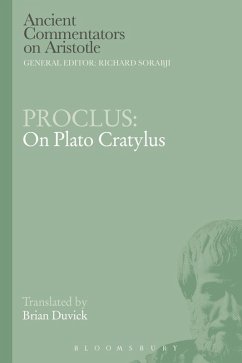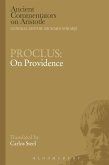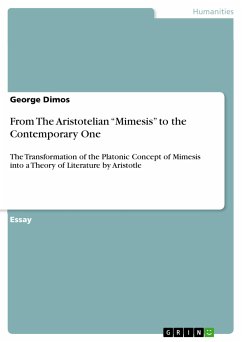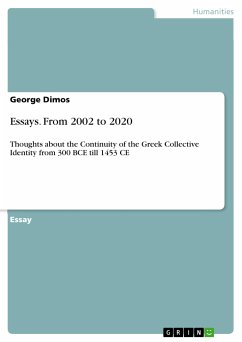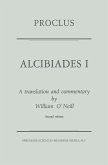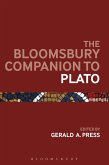Proclus' commentary on Plato's Cratylus is the only ancient commentary on this work to have survived, and is illuminating in two particular respects. First, it is actually the work of two Neoplatonists. The majority of the material is supplied by the Athenian-based Proclus (c. 411-485 AD), who is well known for his magisterial commentaries on Plato's Timaeus and Parmenides, as well as for a host of other works involving the study of Plato. This material we have consists of excerpts from Proclus' commentary edited by another figure who appears to be a Platonist working somewhat later in Alexandria. Consequently it contains insights into the philosophy of both of the principal late antique centres of Platonism: Athens and Alexandria. Secondly, the material is divided between the grittier issues of language-theory, on which it engages freely with other ancient philosophies, and theological discussion, mostly involved with the etymologies of the names of Greek gods, in which Proclus is more concerned to relate his own brand of Platonism to the 'Orphic' and 'Chaldaean' theological systems, and also to Homer. This English translation, accompanied by Brian Duvick's extensive notes, explicates all these facets of the ancient text.
Bitte wählen Sie Ihr Anliegen aus.
Rechnungen
Retourenschein anfordern
Bestellstatus
Storno

